TRCP’s “In the Arena” series highlights the individual voices of hunters and anglers who, as Theodore Roosevelt so famously said, strive valiantly in the worthy cause of conservation
Jess Westbrook
Hometown: Benton, Arkansas
Occupation: Fishing guide, founder of the Mayfly Project
Conservation credentials: Taking foster children flyfishing to create meaningful connections in the outdoors and share the value of clean water
As a lifelong sportsman and former Alaska fishing guide, Jess Westbrook recognized that the stress-mitigating benefits of the outdoors that he’d experienced could help at-risk youth to find the solace and self-esteem they need. That’s why he started the Mayfly Project, a nonprofit that connects foster kids with flyfishing mentors who help them forge deeper bonds on the water.
Here’s his story.
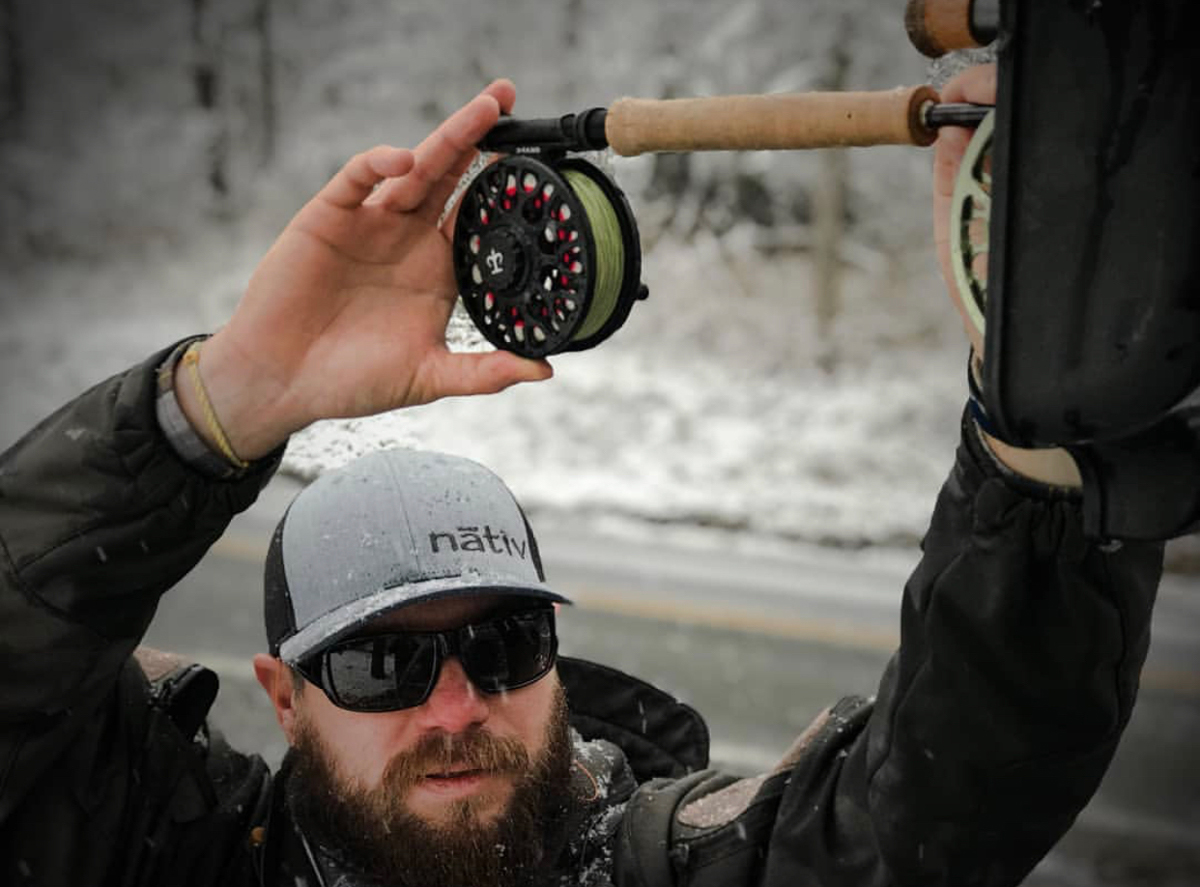
I was introduced to the outdoors as a young kid by my father. We were always spending time together on the weekends hunting and fishing in Arkansas, where we had access to some of the best duck hunting and trout fishing in the U.S.
The summer before my senior year of college, I had my most memorable outdoor adventure to date: guiding in Alaska. Through that experience, I learned a lot about myself, my capabilities as a guide, and what it means to live in a place that is still vastly untouched. This opened my eyes to the effects that humans have on our planet and the need to preserve wild places for future generations to enjoy.
Even years later, if I could fish anywhere in the world it would be back in Bristol Bay. I’ve landed four of the five species of salmon that return to Alaska each year—sockeye, coho, pink, and chum—all on a fly, but I have yet to land a King!
I have struggled with anxiety, and the outdoors is a place where I am able to unplug. So, getting outside is critical for my mental health. The stresses of everyday life are lost when I step into a river with my fly rod. And conservation ensures that there are places for me to seek out healing.
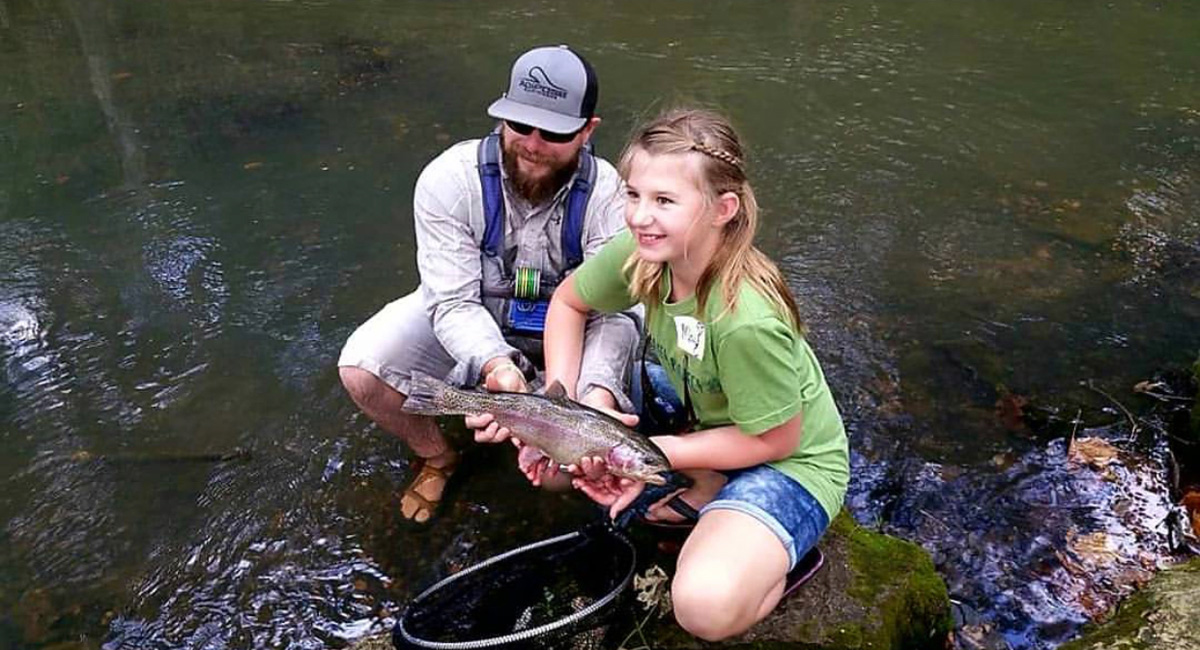
That’s why conservation is an integral part of the Mayfly Project. We give foster kids their first taste of flyfishing to teach them a fun, rewarding hobby, make them feel supported, and give them a chance to develop meaningful connections with, and in, the outdoors.
The Mayfly Project’s standard program is to mentor a foster child through five “stages” based on the life cycle of a Mayfly. Within these stages, the children learn line management, casting techniques, knot tying, entomology, river safety, mending tactics, hook setting, catch and release ethics, and the value of conservation. At the end of the five stages the child is given his or her very own fly rod, reel, pack, fly box, flies, tippet, and indicators. Our hope is for the child to continue to pursue flyfishing and have the tools they need to make the outdoors more accessible.
We focus a lot on the value of our local water ecosystems and keeping rivers clean by picking up trash on every outing. One of the biggest conservation issues where I live is the spread of invasive species in warm-water and cold-water fisheries, so we also share with the kids why it’s important for us to wash our gear and boats before moving from one body of water to another.
Studies show that 42 percent of foster children will be convicted of a crime. But flyfishing offers opportunities for youth to build character and self-esteem. These kids are the future, and they will be the ones to ensure that their children have a place to fish. But we have to make them care enough to fight that fight.
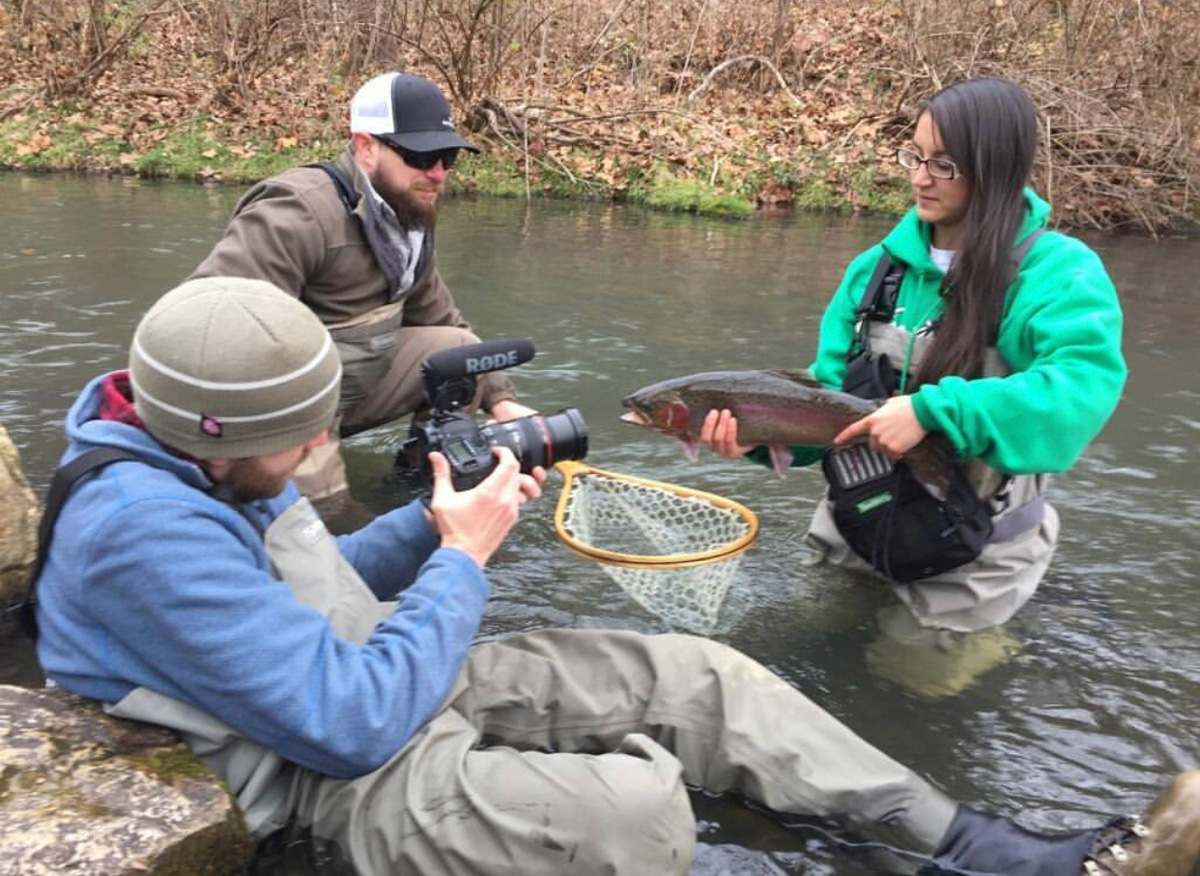
Do you know someone “In the Arena” who should be featured here? Email info@trcp.org for a questionnaire.

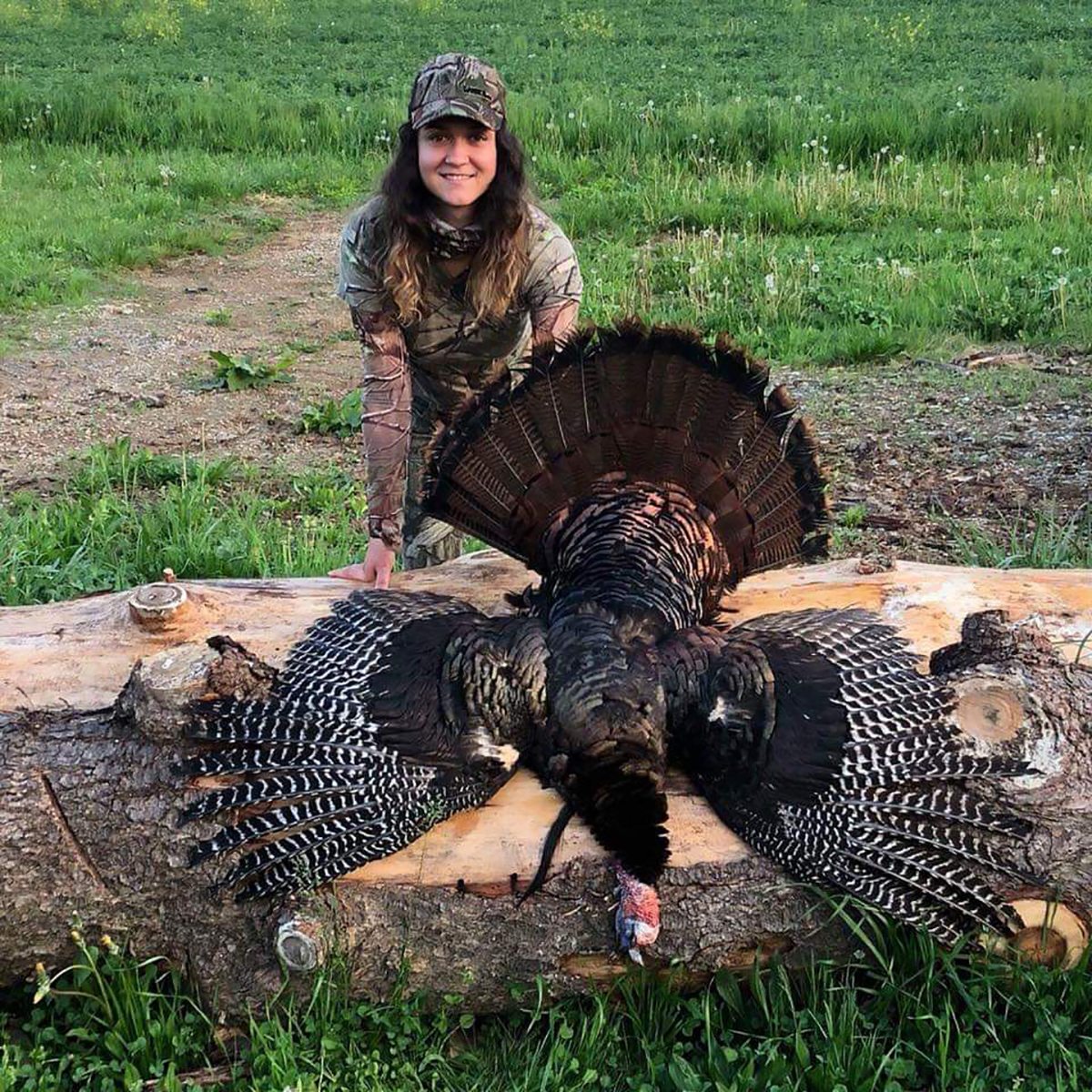
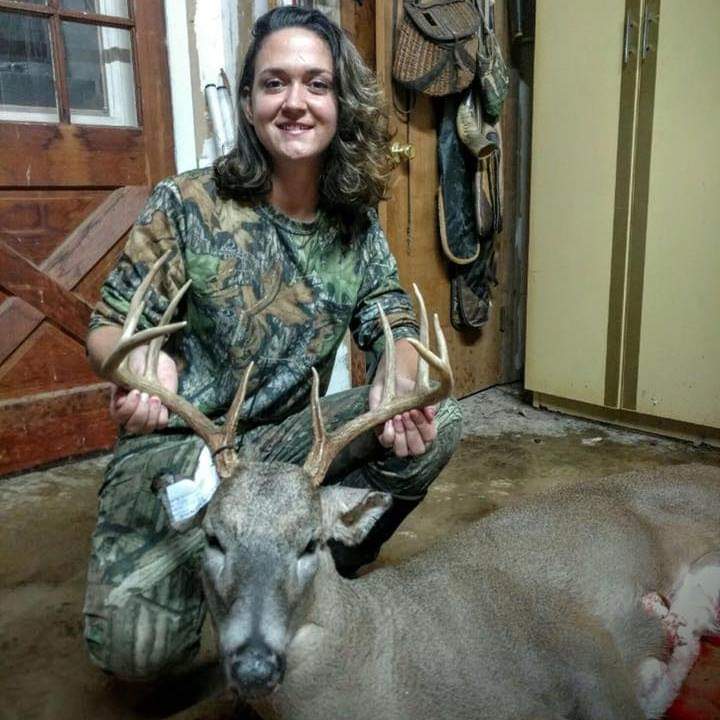
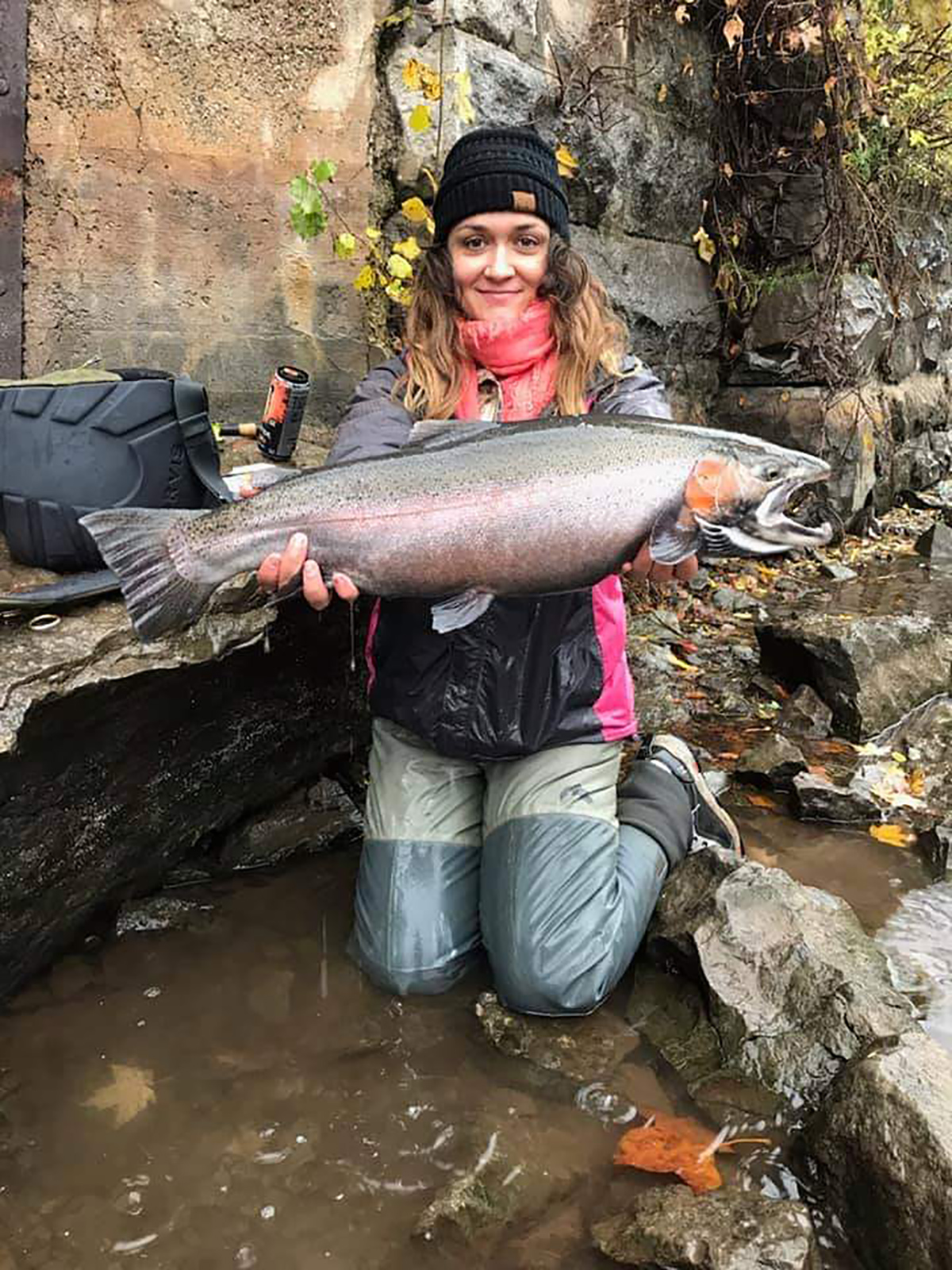
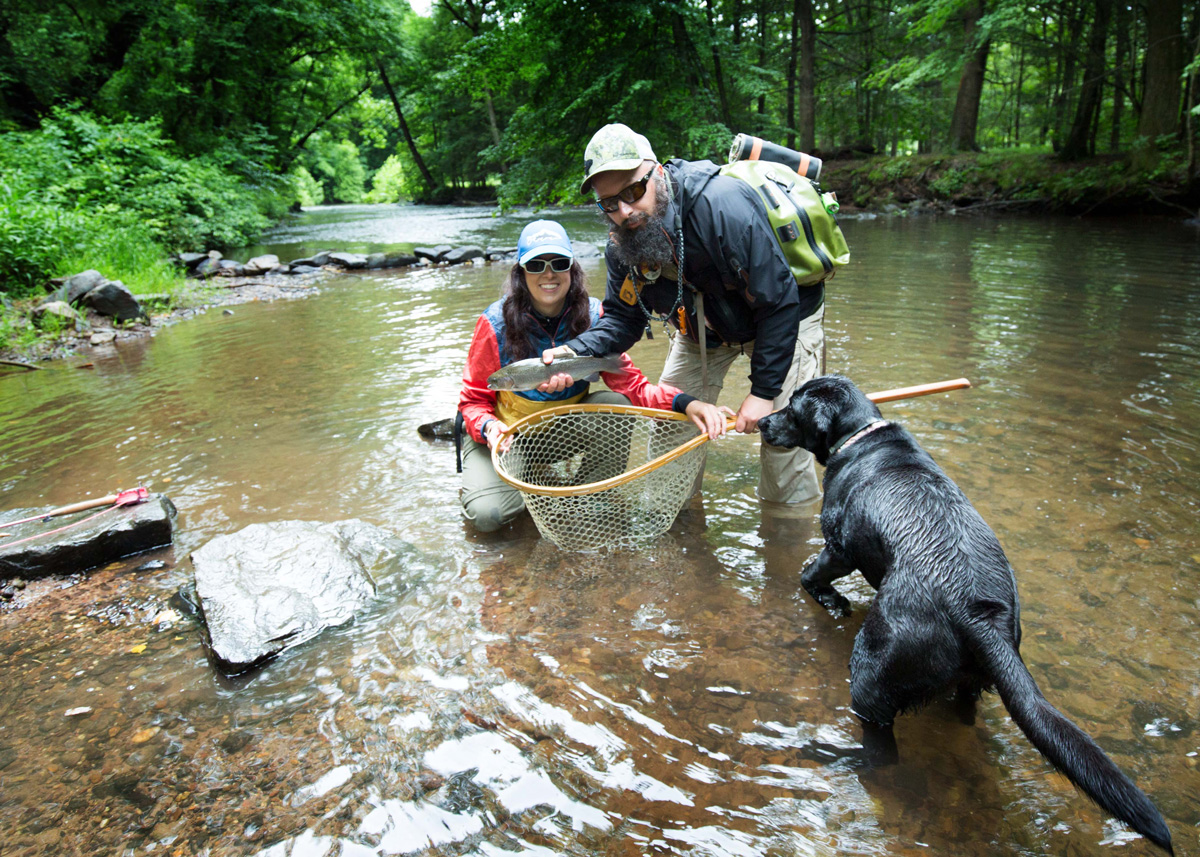
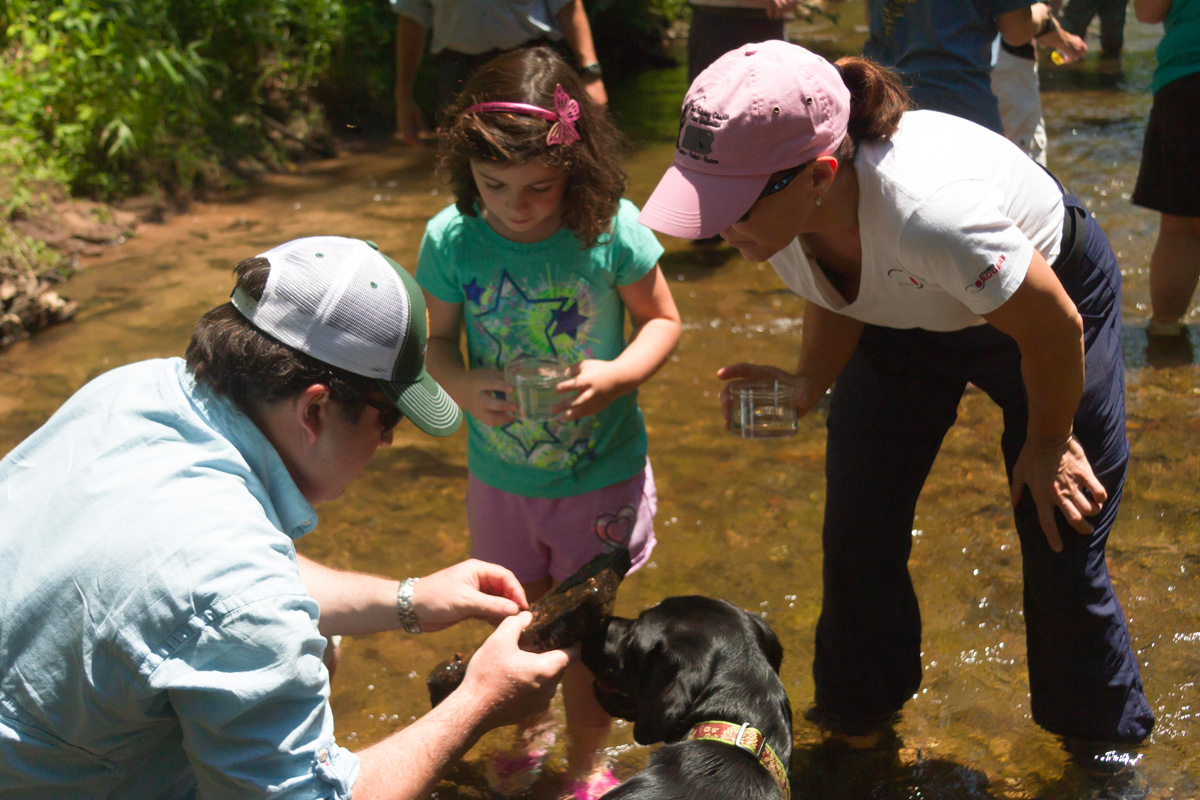
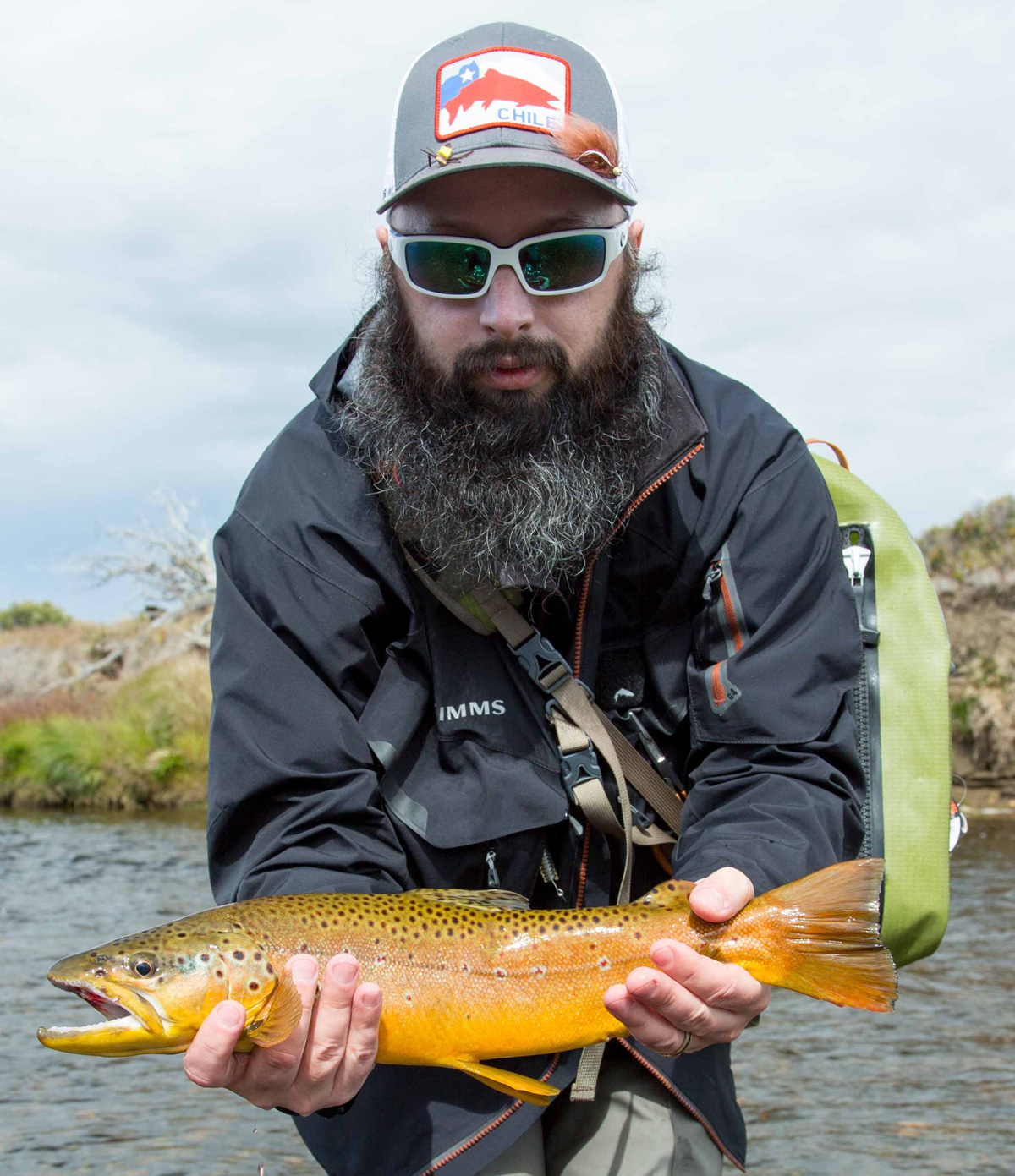
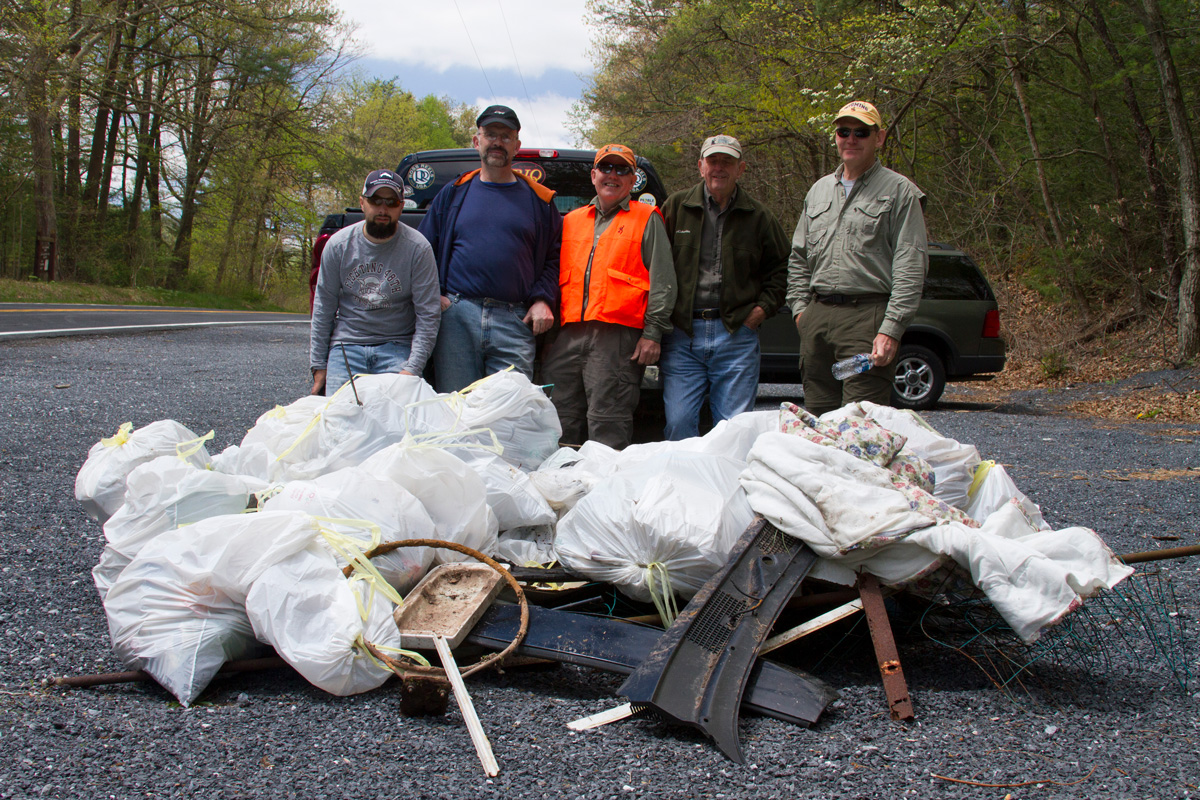
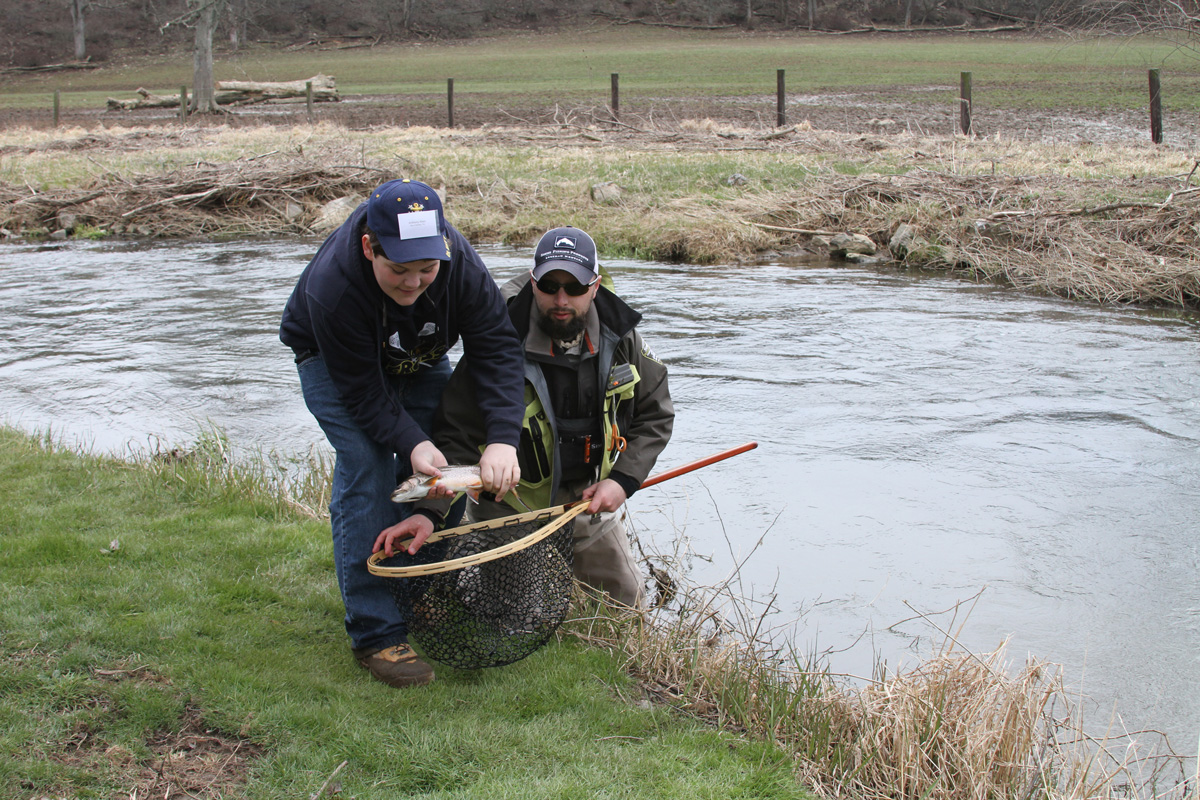
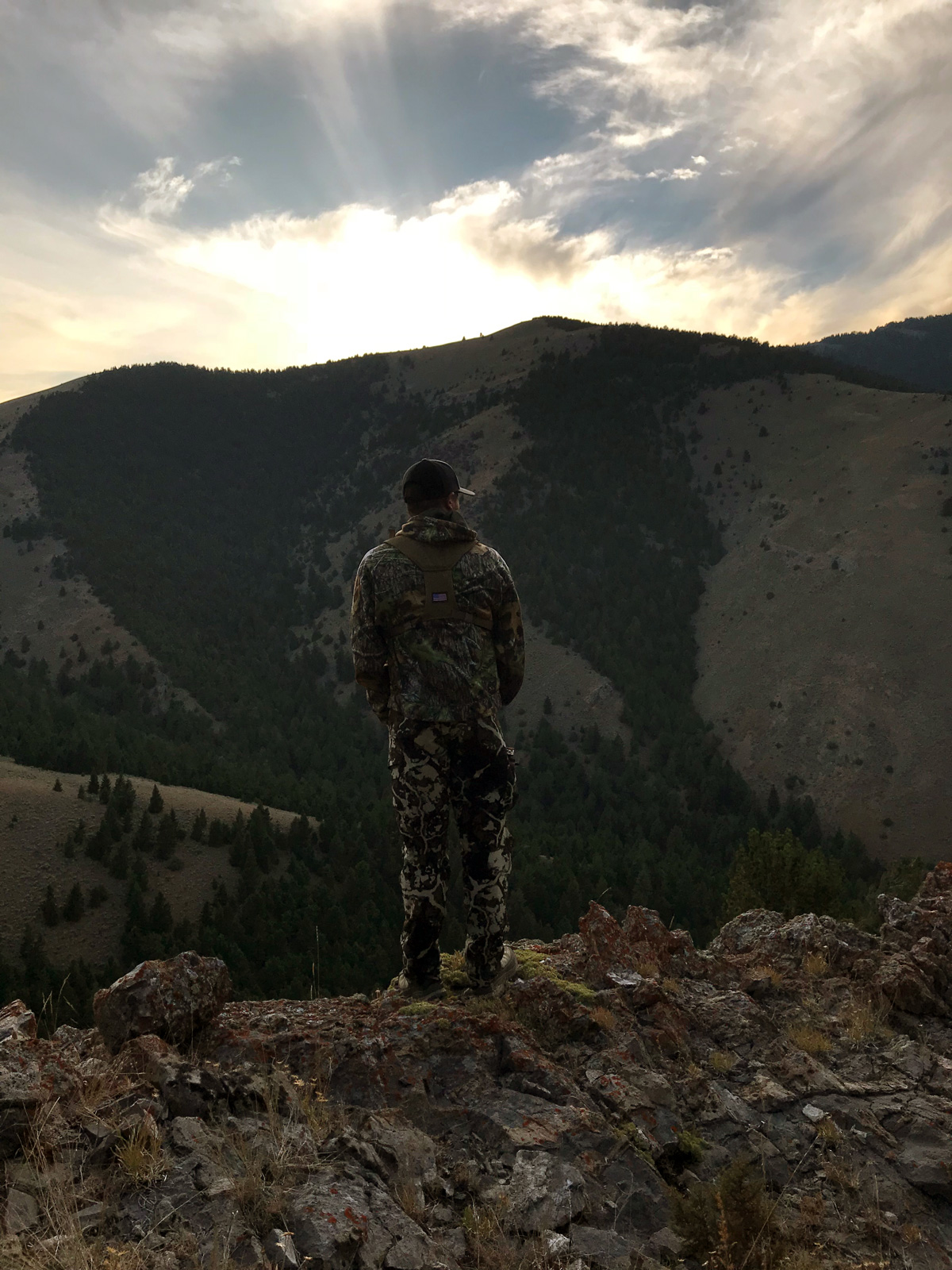
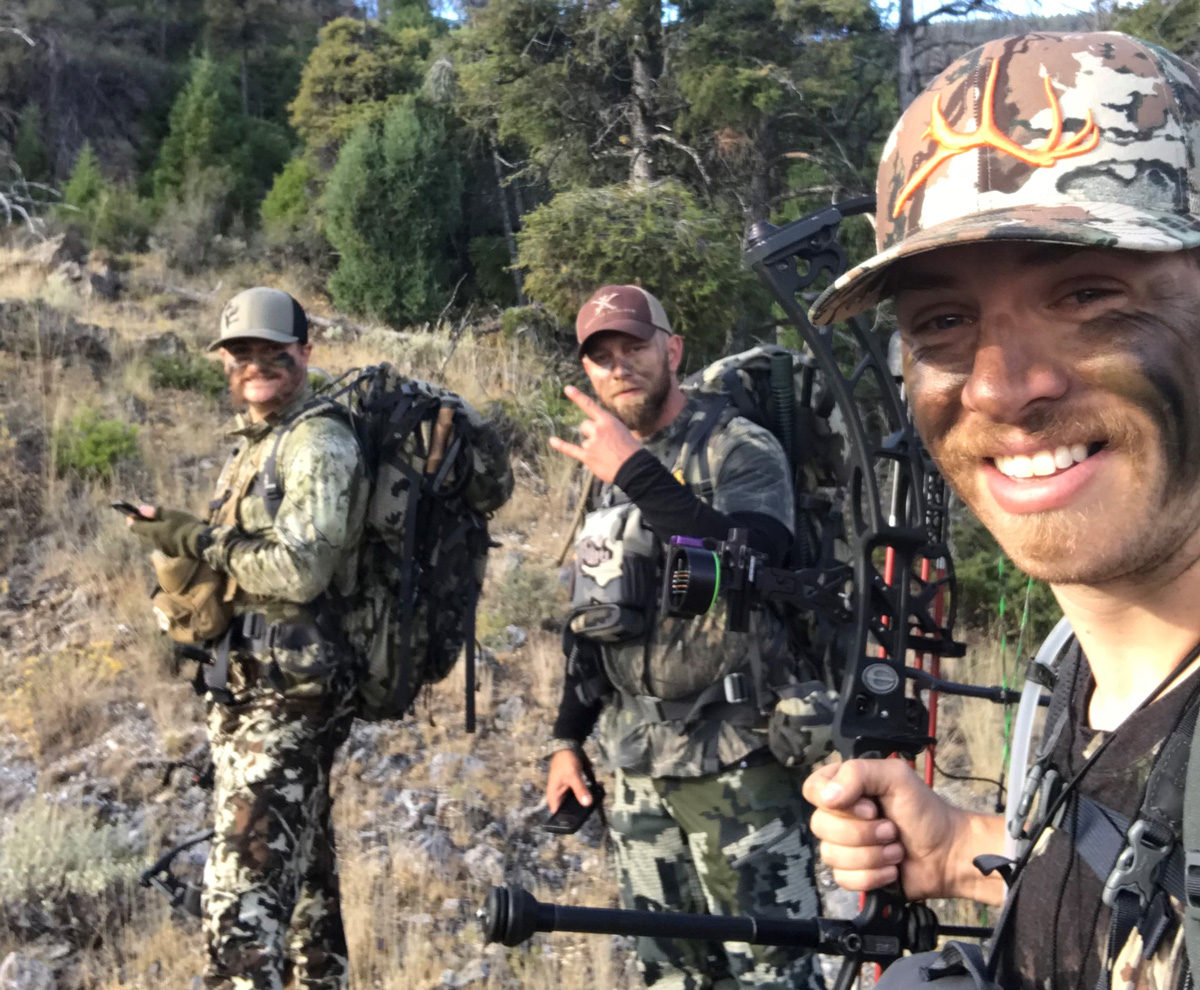
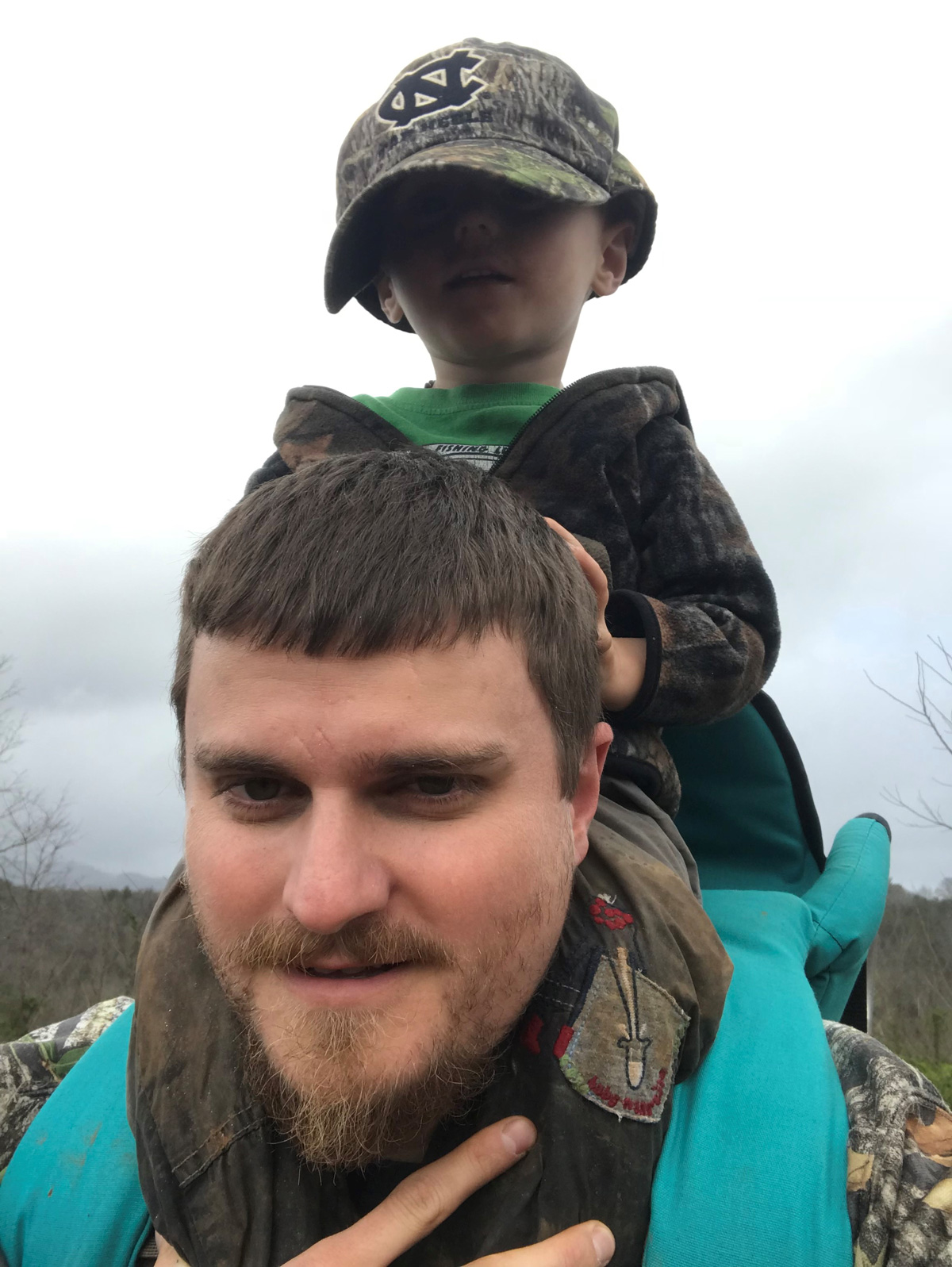
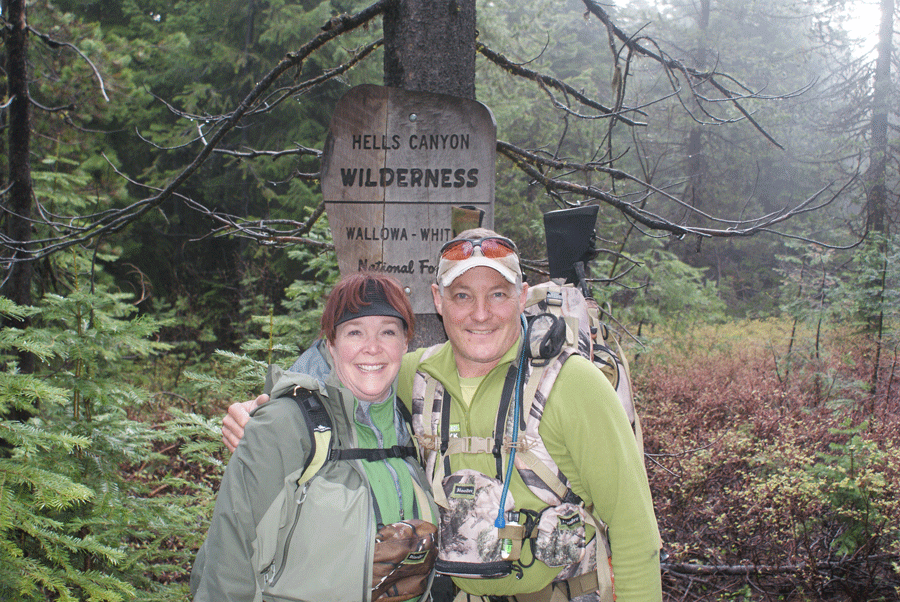
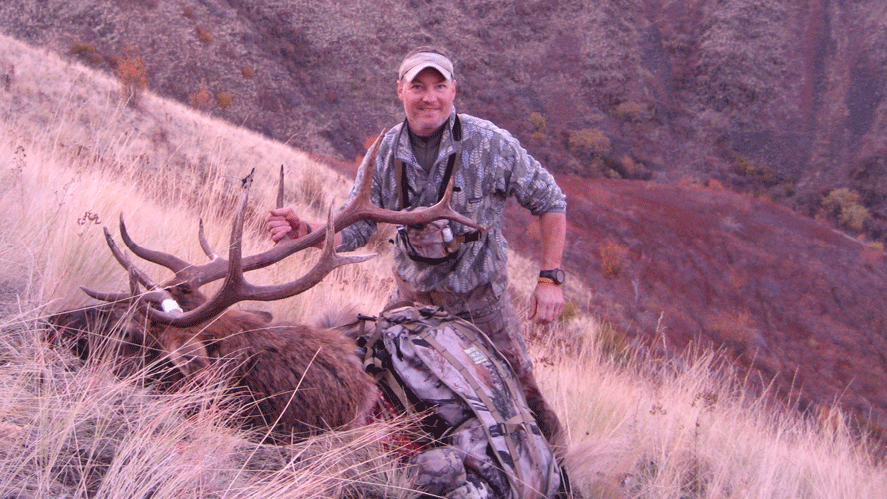
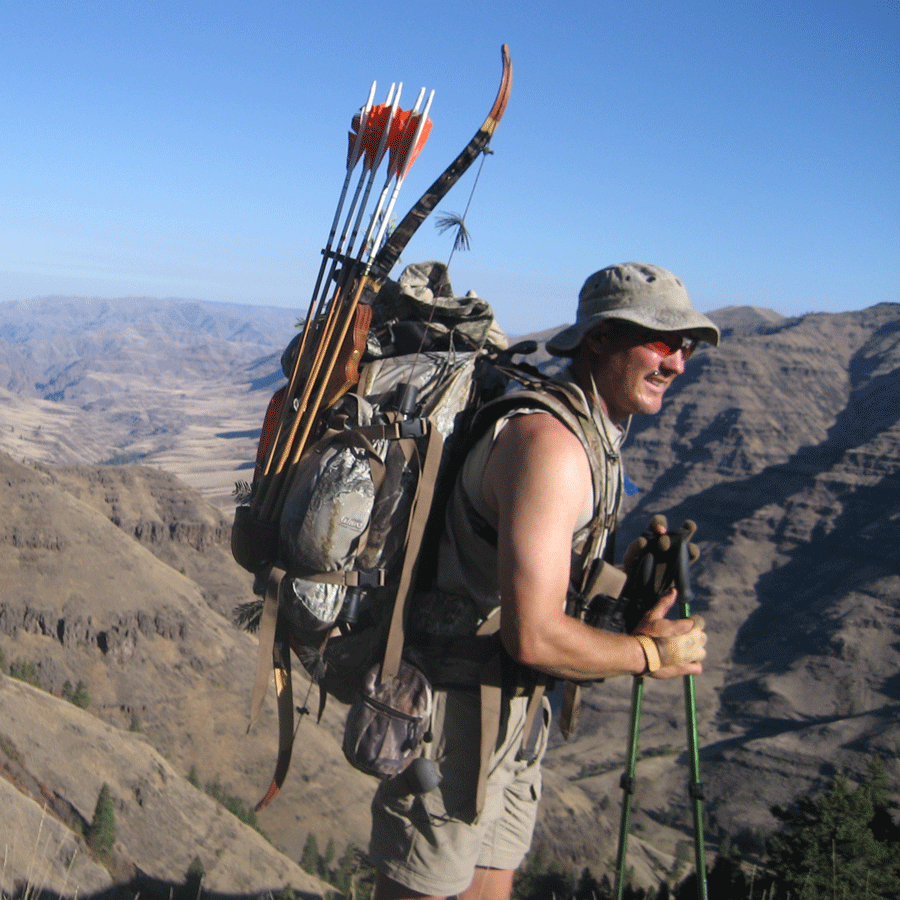




Great project with some great kids. I am HeeHaw to 7 grandkids, 3 of them foster to adopted. We all get outdoors every chance we get. I have been trying to buy FL lifetime hunting and fishing license for all of them. Florida gives free college tuition to foster children and I’m lobbying for the state to grant them lifetime licenses as well. Any suggestions as to how to help this happen?